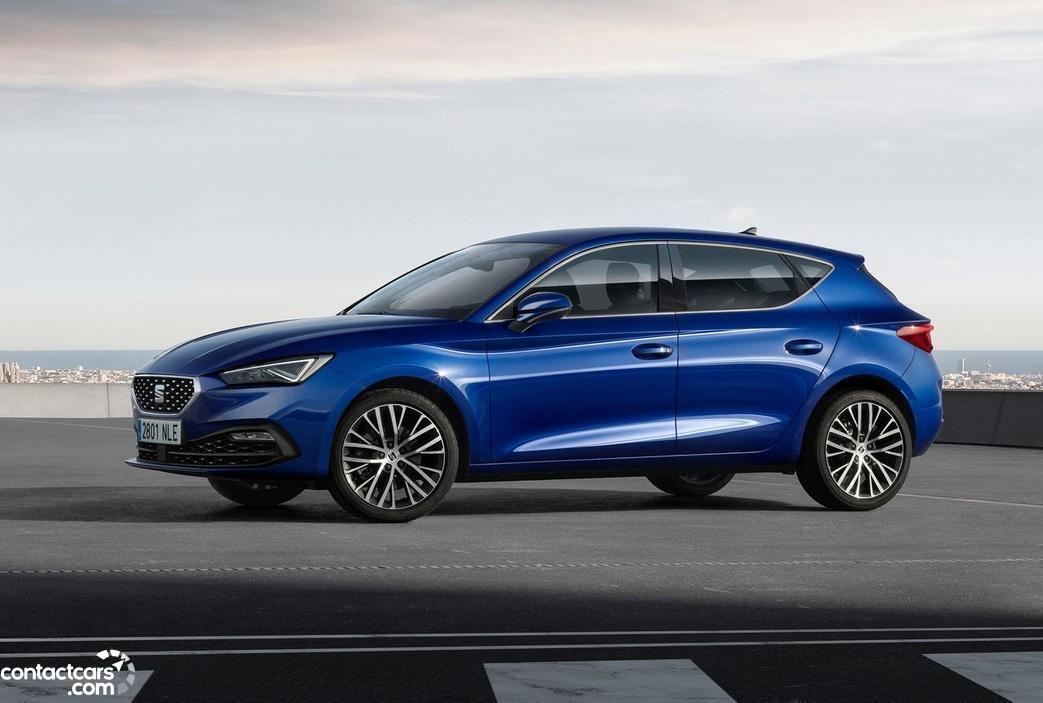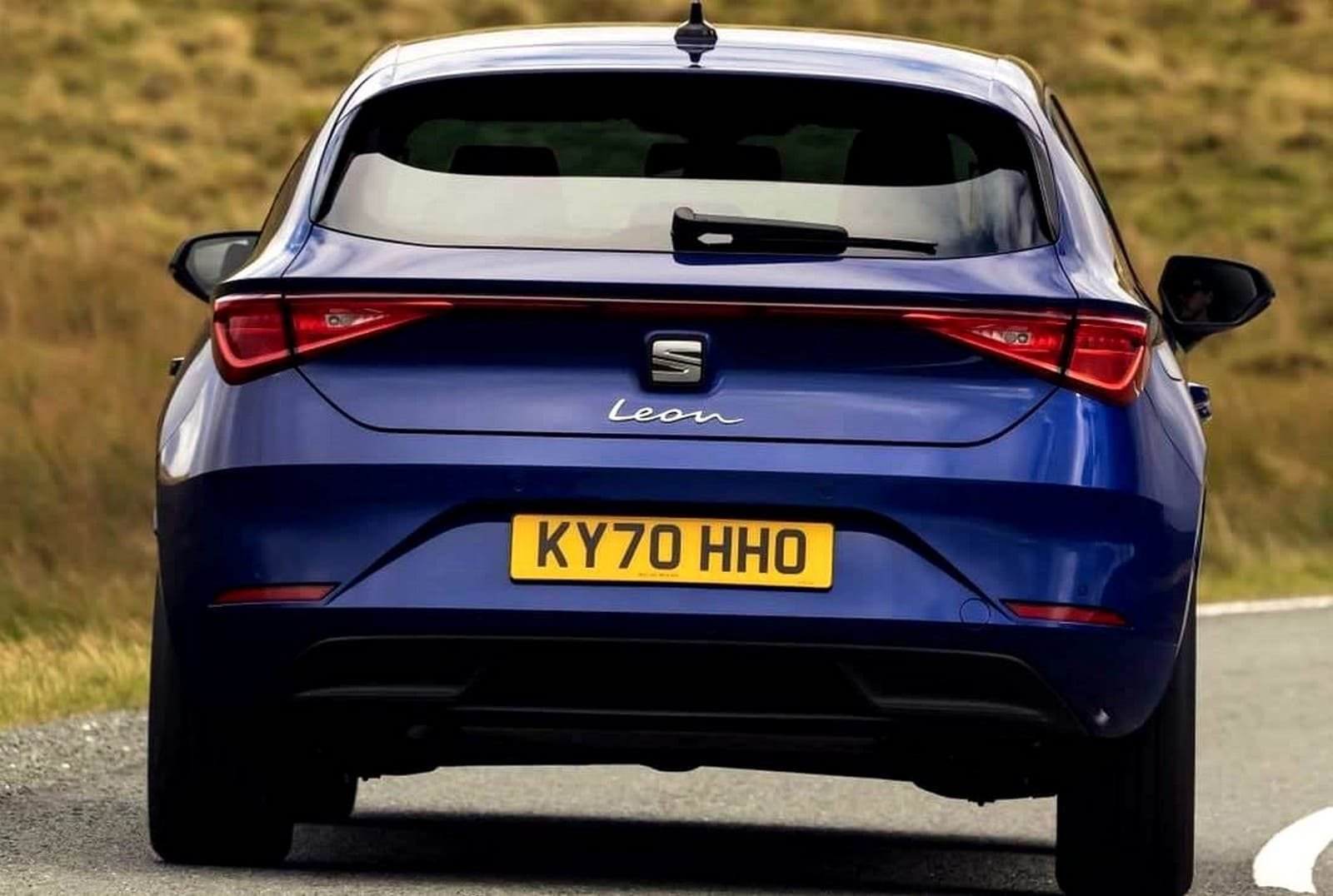Is the Seat Leon TDI a Good Buy in 2024? A Comprehensive Analysis
The Seat Leon TDI. A name that, for many, conjures images of efficient driving, practical design, and a more affordable entry point into the Volkswagen Group’s engineering prowess. But in the ever-evolving landscape of 2024, with electric vehicles gaining traction and stricter emissions regulations looming, is the Leon TDI still a smart purchase? This article dives deep into the pros and cons, helping you make an informed decision. We’ll explore everything from performance and running costs to reliability and the used car market.
Performance and Driving Experience: Power and Efficiency
The core appeal of any TDI (Turbocharged Direct Injection) engine lies in its blend of performance and fuel economy. The Seat Leon TDI, particularly the models built before the introduction of stricter emissions standards, typically offers:
- Strong Torque: TDI engines are renowned for their substantial low-end torque, making for effortless acceleration and overtaking. This is especially noticeable in real-world driving scenarios, such as merging onto motorways or navigating city traffic.
- Fuel Efficiency: This is arguably the biggest selling point. The Leon TDI consistently delivers impressive miles per gallon (MPG), making it an economical choice, especially for drivers who cover high annual mileages. Expect to see figures well over 50 MPG in mixed driving conditions.
- Refinement: While not known for being the quietest engines, later generations of the Leon TDI offered a reasonable level of refinement, with less diesel clatter than older models.
- Variety of Engine Options: The Leon TDI came with a range of engine sizes, from smaller, more economical units to larger, more powerful options. This allows buyers to tailor their choice to their specific needs and preferences.
However, it’s important to consider that newer diesel engines, particularly those meeting Euro 6 emissions standards, might see a slight decrease in outright performance compared to older models, due to the required emissions control systems.
Running Costs: Beyond Fuel Efficiency
While fuel economy is a major advantage, it’s crucial to look beyond the MPG figures when assessing the running costs of a Seat Leon TDI in 2024.
- Servicing and Maintenance: Diesel engines generally require more frequent servicing than petrol engines. This includes oil changes, filter replacements, and potentially more complex maintenance procedures. Timing belt replacement is a crucial and potentially costly maintenance item on many TDI models.
- Depreciation: Diesel cars, in general, have been experiencing faster depreciation in recent years due to changing consumer preferences and stricter emissions regulations. The Leon TDI is no exception.
- Insurance: Insurance premiums can sometimes be higher for diesel cars, particularly those with higher engine outputs.
- Road Tax: Road tax rates can vary depending on the engine size and emissions rating. Ensure you factor this into your budget.
- Potential for Repairs: While Seat generally builds reliable cars, diesel engines can be prone to certain issues, such as problems with the diesel particulate filter (DPF), turbochargers, and fuel injectors. These repairs can be expensive.
Reliability and Common Issues: What to Watch Out For
The Seat Leon TDI, overall, has a reputation for being a reliable car. However, certain issues are more commonly reported than others.
- Diesel Particulate Filter (DPF) Problems: DPFs are designed to trap soot particles, but they can become clogged, especially in cars used primarily for short journeys. This can lead to reduced performance and potentially expensive replacement costs.
- Turbocharger Failure: Turbochargers are complex components and can fail over time. Symptoms include reduced power, unusual noises, and oil leaks.
- Dual-Mass Flywheel (DMF) Issues: Some Leon TDI models are equipped with DMFs, which can wear out and require replacement, often at a significant cost.
- Electrical Problems: As with any modern car, electrical gremlins can sometimes occur, ranging from sensor failures to issues with infotainment systems.
Before purchasing a used Leon TDI, it’s crucial to:
- Thoroughly inspect the car: Pay close attention to the engine’s performance, listen for unusual noises, and check for any warning lights on the dashboard.
- Obtain a vehicle history report: This will reveal any previous accidents, outstanding finance, or other potential issues.
- Consider a pre-purchase inspection: A qualified mechanic can identify any potential problems that might not be immediately apparent.
The Used Car Market: Navigating the Choices
The used car market is where most potential buyers will find their Leon TDI. Here are some factors to consider:
- Availability: There are plenty of Leon TDI models available on the used car market.
- Price: Prices will vary depending on the age, mileage, condition, and trim level of the car. Generally, older models will be more affordable, but they may also be more likely to require repairs.
- Trim Levels: The Leon TDI was offered in various trim levels, from the more basic models to the sportier FR and Cupra variants. Choose the trim level that best suits your needs and budget.
- Emissions Standards: Pay attention to the Euro emissions standards of the car. Newer models will meet stricter standards, but they might also be more expensive.
The Alternatives: Considering the Competition
Before committing to a Leon TDI, it’s wise to consider the competition. Rival vehicles in the same segment include:
- Volkswagen Golf TDI: The Golf is the Leon’s close cousin, sharing many of the same components. It often commands a slightly higher price, but it might also offer a more refined driving experience and a wider range of trim levels.
- Audi A3 TDI: Similar to the Golf, the A3 offers a more premium feel and a higher level of equipment.
- Skoda Octavia TDI: The Octavia is another member of the Volkswagen Group family and offers excellent practicality and value for money.
- Ford Focus TDCi: The Focus offers a compelling alternative, known for its engaging handling and competitive pricing.
- BMW 1 Series/3 Series Diesel: While a step up in terms of price, these offer a more premium driving experience.
Is the Seat Leon TDI a Good Buy in 2024? The Verdict
The answer to whether the Seat Leon TDI is a good buy in 2024 depends on your individual circumstances and priorities.
It could be a good buy if:
- You prioritize fuel efficiency and cover a high annual mileage.
- You are looking for a practical and relatively affordable car.
- You are willing to carefully research and inspect any used car before purchasing.
- You understand the potential risks associated with diesel engines and are prepared for the associated maintenance costs.
It might not be the best choice if:
- You primarily drive short distances.
- You are concerned about stricter emissions regulations and potential future restrictions on diesel vehicles.
- You are looking for the absolute lowest running costs.
- You are unwilling to invest time in researching and inspecting a used car.
Ultimately, the Seat Leon TDI can still be a viable choice in 2024, but thorough research and a realistic assessment of your needs are essential. Carefully consider the pros and cons, compare it with the competition, and make an informed decision that aligns with your driving habits and budget.
FAQs: Frequently Asked Questions
Are diesel cars being phased out? Yes, the shift towards electric vehicles is accelerating, and diesel cars are facing stricter emissions regulations and a decline in popularity. However, well-maintained diesel cars can still offer good value and efficiency.
What are the common problems with Seat Leon TDI engines? Common issues include DPF problems, turbocharger failures, and DMF issues. Regular maintenance and careful driving habits can help mitigate these risks.
Is it worth buying a high-mileage Leon TDI? It depends. A high-mileage Leon TDI can be a good buy if it has been well-maintained and the price reflects the mileage. However, it’s crucial to have it inspected by a mechanic before purchase.
How do I maintain a Seat Leon TDI to ensure longevity? Follow the manufacturer’s recommended service schedule, use high-quality oil and filters, and address any potential issues promptly. Avoid short journeys as much as possible, as they can exacerbate DPF problems.




